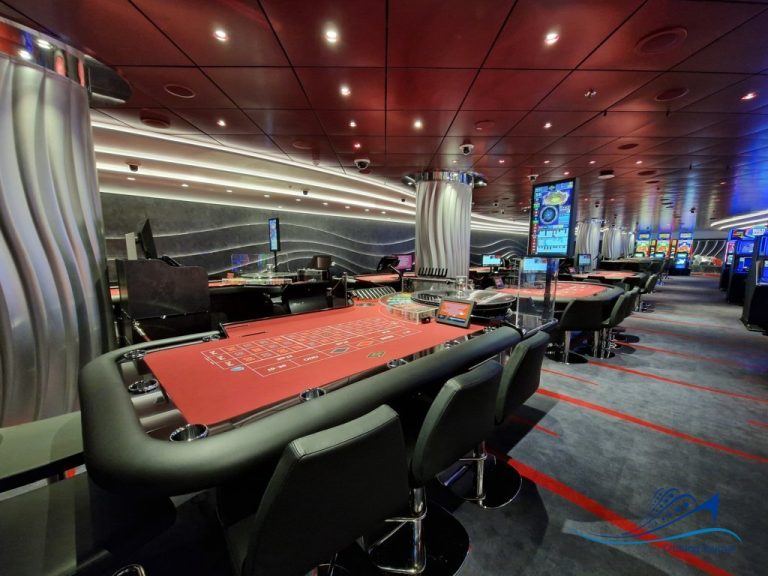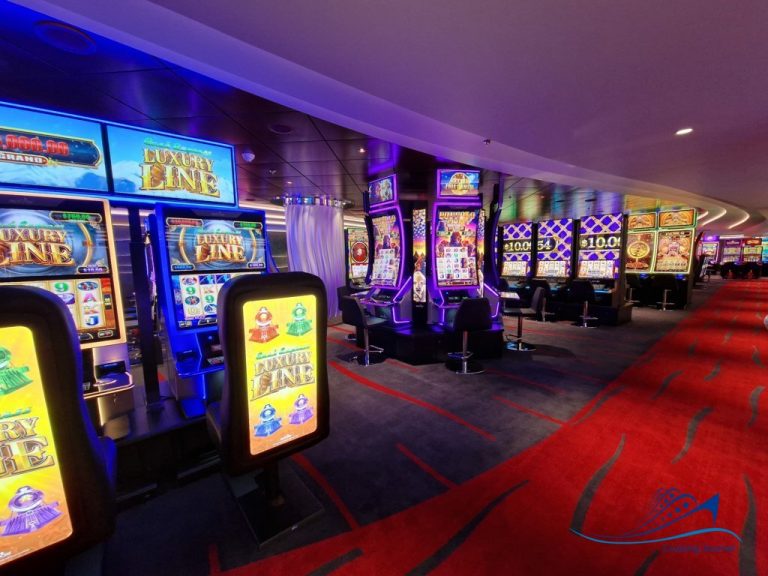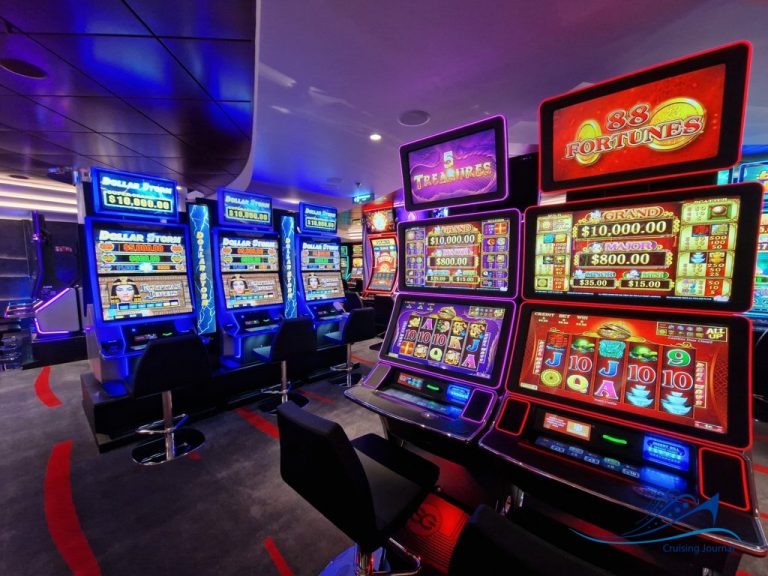Gambling on board Cruise Ships
Over the past decades, cruise ships have transformed into true floating cities, capable of offering increasingly sophisticated entertainment experiences. Among these, onboard casinos have become one of the key elements behind the financial success of the cruise industry. But how did these activities become such an essential part of the cruise business? The answer lies in a combination of international law and well-thought-out corporate strategies.
The Role of International Waters
When a cruise ship sets sail from port, it carries with it the laws of the country under whose flag it is registered. However, once it crosses territorial waters—generally beyond 12 nautical miles from the coast, at least under U.S. regulations—it enters a different legal zone: international waters. In this maritime space, many national restrictions on gambling no longer apply. This allows cruise companies to legally operate casinos, offering a wide range of games that might be prohibited or heavily regulated on land in certain countries.
Msc_Seascape_Msc_Signature_Casino (8)
Onboard Casinos as Entertainment Hubs
Thanks to this legal advantage, many companies have chosen to equip their ships with impressively large casinos. Some examples speak for themselves: on certain Royal Caribbean ships, there are thousands of slot machines and elegant gaming tables that rival the most renowned land-based casinos. It’s not just a pastime for cruisers—gambling is one of the main sources of onboard revenue, significantly contributing to the companies’ overall profits.
Regulatory Standards and Transparency
Naturally, it’s not just about exploiting a legal loophole. Cruise lines are very attentive to maintaining high standards of transparency and fairness. Even though they operate in international waters, many onboard casinos adhere to regulatory standards modeled after established jurisdictions like Nevada or the United Kingdom. The policies of the Cruise Lines International Association include regular inspections, independent audits, and strict rules on the operation of gaming equipment and customer protection. This approach helps build passenger trust, allowing them to enjoy gambling in a safe and well-regulated environment.
Msc_Seascape_Msc_Signature_Casino (8)
Tax Advantages and Flag Choice
Another crucial aspect worth considering is the tax advantage. Many cruise ships are registered in countries known for their favorable tax and regulatory laws—the so-called flags of convenience. This choice allows companies to minimize costs related to taxes and compliance, thereby increasing profit margins for onboard activities, including, of course, casinos.
Historical Origins and Industry Development
This isn’t a recent phenomenon. As early as the first decades of the 20th century, there were ships offering gambling in open waters, specifically to circumvent local restrictions. However, it was in the 1990s, with the evolution of international regulations and the expansion of the cruise industry, that this practice became a large-scale operation. Since then, gambling at sea has become an integral part of the cruise experience, to the extent that today a significant share of industry revenue comes from gambling-related activities.
Of course, one might ask: is this all thanks to international waters laws? Not entirely. Cruise companies have undoubtedly seized the legal opportunity, but their success also stems from the ability to integrate gambling into a broader and more sophisticated entertainment offering. After all, the charm of a cruise lies in the combination of relaxation, culture, gastronomy, and fun. And the casino is just one—albeit highly profitable—ingredient in this winning mix.
Msc_Seascape_Msc_Signature_Casino (8)
In Conclusion
Reflecting on what has been said, it is clear that the laws governing gambling in international waters have played a decisive role in the development of onboard casinos. Without this legal framework, companies could not have transformed their ships into luxury destinations where entertainment also includes the thrill of the gaming table.
Don’t miss news, updates, and reviews from the cruise world on Cruising Journal.



